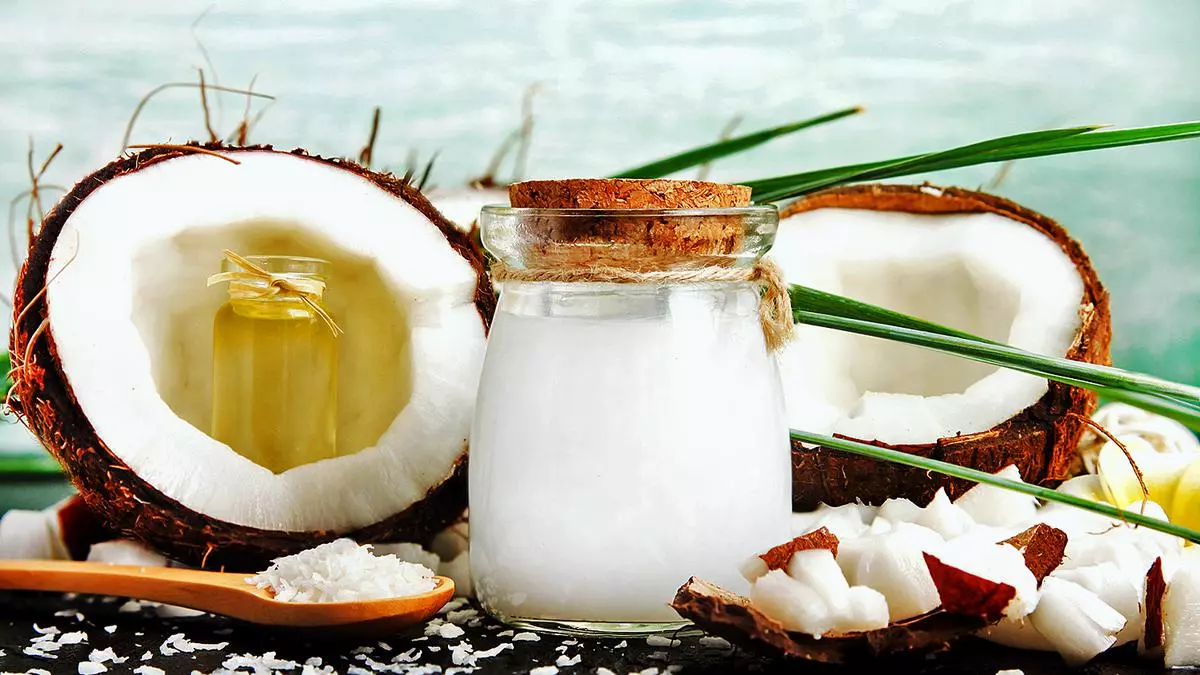Coconut oil prices head south on global market cues
The sliding of edible oil prices in the global market has affected coconut oil with prices falling to a record low, after a gap of 4-5 years.
Coconut oil prices fell to Rs 120 in the wholesale market in Kerala, while it was Rs 103.50 in Tamil Nadu. Cobra prices are also trending south at 76 rupees per kilogram in Kerala and 71 rupees in Tamil Nadu, according to figures available with the Cochin Oil Traders Association (COMA).
Pinning hopes on Onam
Thalat Mahmud, director of Kuma, attributed the reason for the drop in prices to lower domestic demand and surplus production across production centers. Demand in North India has also been weak for some time due to a shift to other, cheaper edible oils. He said Kerala traders are now pinning their hopes on the next Onam festival in August for market recovery, but price hikes seem unlikely due to overproduction.
Devraj KK, Business Consultant said that the expected bumper crop of local edible oilseeds and the 25 per cent increase in imports of sunflower and palm oil over the past few months at low prices have brought down the prices of all edible oils in the Indian market. in Kochi.
Coconut oil prices continue their downward trend on par with other edible oils. Added to this, the coconut and copra producers in Tamil Nadu aggressively sell their products in Kerala at low prices. This adds to the problems of coconut farmers in Kerala. Besides, the domestic market is flooded with new brands of coconut oil, which are produced by the new industrial units that are popping up in Kerala. The consumer is emerging as the winner, he said, but the coconut farmer has a problem.
Downward trend to continue
Obis Ali, CEO of Mezhukkattil Mills, said that the prices of all agricultural commodities in the international market fell after Covid and the downward trend will continue for some time. For example, prices of copra in other producing countries prevail lower than in Indian products, which prompts importers to supply from abroad to meet their production requirements.
Normally, the price of a commodity will increase depending on the increasing demand and weak supply side situation. However, the situation is quite different with regard to the copra market, he said, adding that commodity prices should be set based on the supply and demand situation and not by offering any incentives.
He said that the expectation of trade with the availability of 40,000 tons of copra that Nafed bought at any time in the market now also affects prices. Cobra is a perishable commodity and the authorities cannot keep it for a long time.
